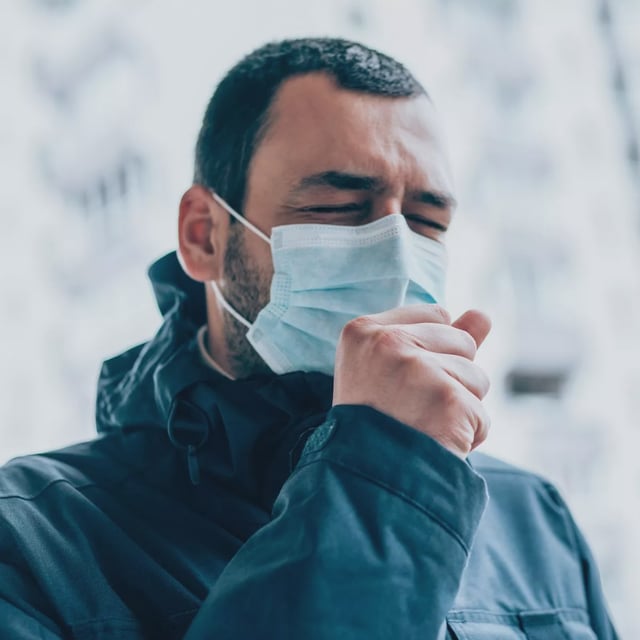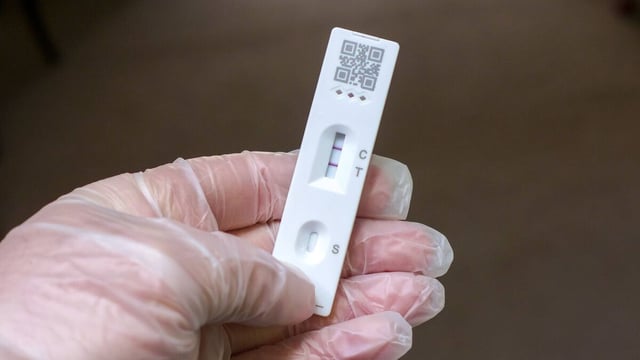Overview
- First identified on January 22, NB.1.8.1 has been detected in 22 countries and now represents about 10% of global COVID-19 cases.
- Enhanced binding to human cells has driven its rapid spread, yet there is no evidence that it causes more severe illness than other Omicron descendants.
- Health authorities have submitted over 518 NB.1.8.1 genetic sequences to the GISAID database to support ongoing surveillance.
- The WHO maintains that the global health risk is low and continues to classify NB.1.8.1 as a variant under monitoring.
- Officials urge countries to sustain vigilance and broaden vaccine coverage while ruling out any current travel or trade restrictions.

